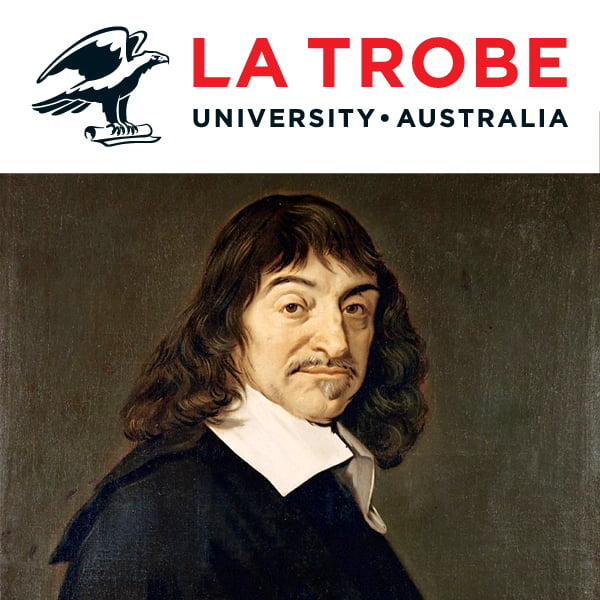A Secure Foundation for Knowledge? (handout)
Description
By the end of the Meditation 2, Descartes is caught in a dilemma. On the one hand, everything can be doubted and so there is no prospect for secure and certain knowledge of the world. On the other hand, pure reasoning shows that he is undoubtedly a thinking thing, and this fact looks like a foundation from which other beliefs can be built. In order to proceed from the subjective certainty of the cogito, Descartes needs some basis on which to say that our memories (of previous investigations, deductions and insights) can generally be trusted. For this task, he introduces the idea of God, a being who has made the natural world and us, and has designed us so that we work well in the world. The lecture argues that nature, through evolution and natural selection, can substitute for God in scientific approach to solving Descartes' problem.
Copyright 2014 La Trobe University, all rights reserved. Please contact for permissions.
More Episodes
Descartes' dualism of mind and body is a lasting legacy. Nowadays many people still believe the body is less well-known than the mind and that there is a mystery about how the mental and the physical can interact. His correspondence with Princess Elizabeth of Bohemia prompted him, late in life,...
Published 06/27/14
Published 06/27/14
Descartes' dualism of mind and body is a lasting legacy. Nowadays many people still believe the body is less well-known than the mind and that there is a mystery about how the mental and the physical can interact. His correspondence with Princess Elizabeth of Bohemia prompted him, late in life,...
Published 06/27/14


